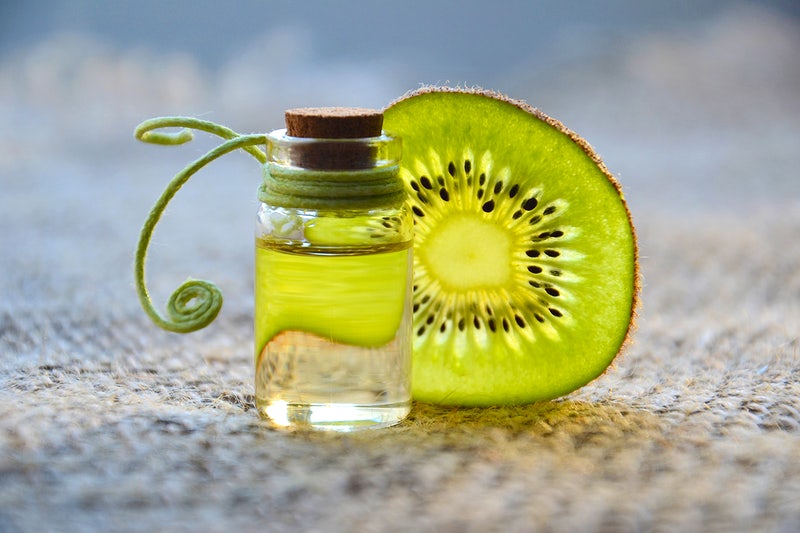Looking For Essential Oil For Fever?
Terry's Natural Solutions provides information on the health benefits of essential oils. They recently published an article on the possibility that essential oils can cure fever.
Based on their study it is apparent that certain essential oils could be beneficial in helping to reduce symptoms of fever. In this article, we will take a closer look at their findings and discuss the possible advantages of using essential oils to treat fever.
What is Fever?
Fever is a symptom of various illnesses and conditions. It happens when the body's temperature is elevated over its normal levels. Fever can be caused either through infection or inflammation.
Other symptoms that are common with fever include body aches, fatigue, chills and body pains. It can be difficult to function normally when symptoms like these are present. However, the symptoms of fever are not usually harmful and usually will go away within a couple of days.
Can Essential Oils Cure Fever?
There is no one answer to this question. Certain essential oils can help in reducing symptoms of fever, and others could have no effect at all. The effectiveness of essential oils depends on the particular oil that is used and the method by which it is utilized.
Eucalyptus, lavender and peppermint are three essential oils that help reduce fever. These oils can be inhaled or applied on the skin. Essential oils should be used in accordance with the directions printed on the label.
Although essential oils can't cure fever, they can help reduce symptoms and make it more bearable. If you are experiencing a fever that is accompanied by other signs, such as chest pain or difficulty breathing, it is important to seek medical attention immediately.
Types Of Essential Oils:
There are numerous kinds of essential oils. Each one offers its own advantages. These essential oils are some of the most well-knownones:
Lavender oil Lavender oil is one of the most well-known essential oils and can be employed for a variety of reasons. It has a calming and relaxing effect and is frequently used to assist in the treatment of stress, anxiety and insomnia. It can also be applied to the skin to heal scrapes, cuts, and burns.
Peppermint oil: The cooling effects of peppermint oil can ease headaches, migraines and nausea, and other symptoms. It is also a great inhalation to help clear sinuses and chest congestion.
Eucalyptus oil Eucalyptus oils have the refreshing, almost menthol like scent that helps relieve your sinuses and aid with respiratory problems. It can also be utilized to treat muscle stiffness and pain relief.
Tea tree oil Tea Tree oil is a natural remedy for skin conditions. It can be used as an antibacterial and antifungal treatment for skin problems such as athlete's feet, dandruff as well as acne. It is also employed as an insecticide or to disinfect surfaces.
Knowing your requirements and how to utilize essential oils is crucial to effective usage. If you have questions be sure to study the label carefully and consult your healthcare professional.
How To Take Care Of A Sick Person
If someone is sick, the best thing you can do is to allow them to rest and drink lots of fluids. You can give the patient ibuprofen or acetaminophen when they're suffering from an illness that causes fever. You should also make sure that they're well-hydrated through drinking lots of water or clear liquids, such as soup or broth.
If someone is vomiting or has diarrhea, it's crucial to replenish the fluids they're losing. Gatorade as well as other sports drinks can be beneficial, but it is crucial to talk to an expert if the patient becomes extremely dehydrated.
Conclusion
In the end, there is no conclusive answer to whether essential oils are able to treat fever. Certain essential oils may help alleviate the symptoms of fever. It is essential to follow the directions on the label for essential oils, and also to speak to a physician if the fever persists or if the patient becomes dehydrated.

